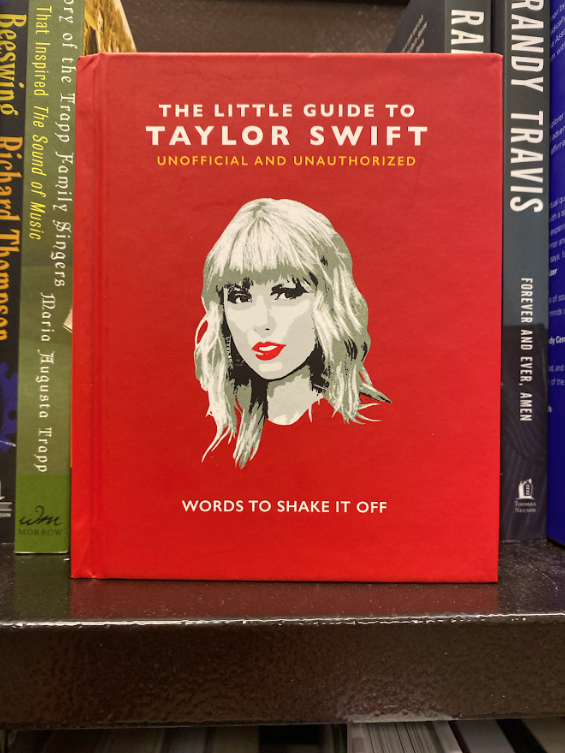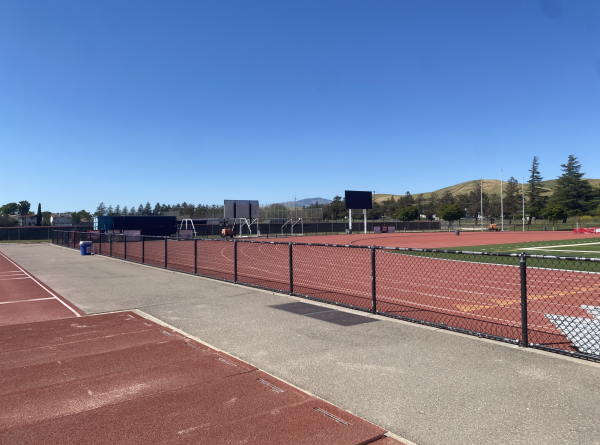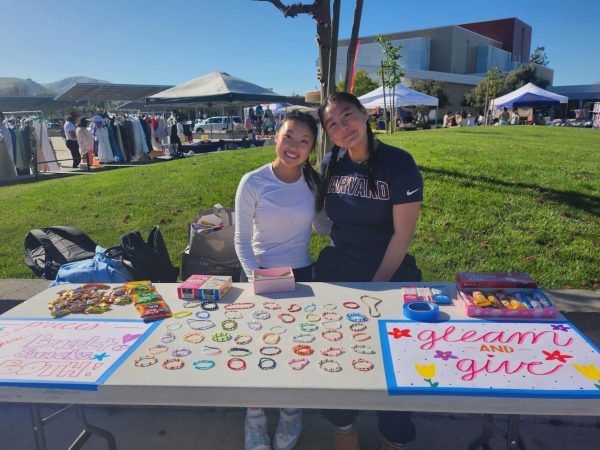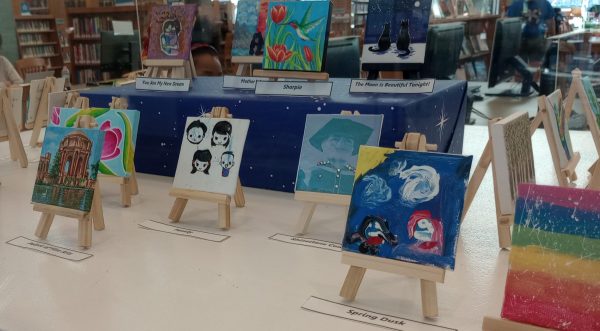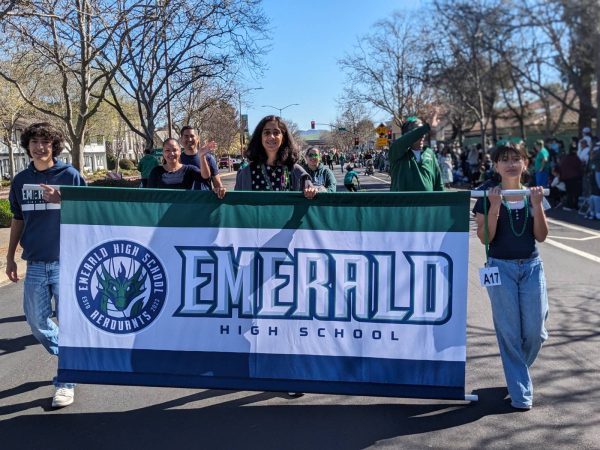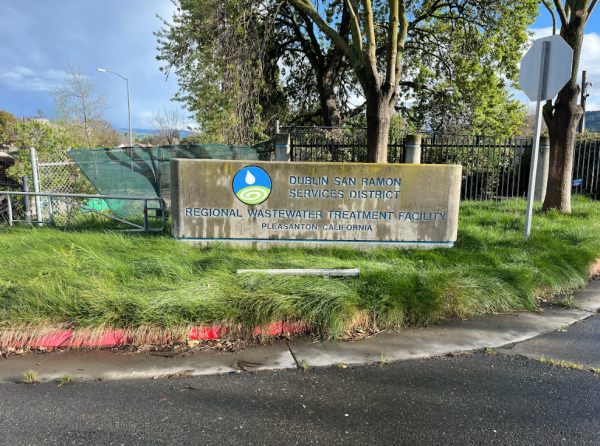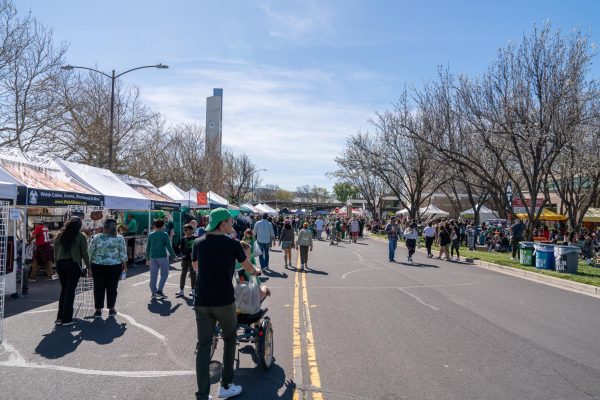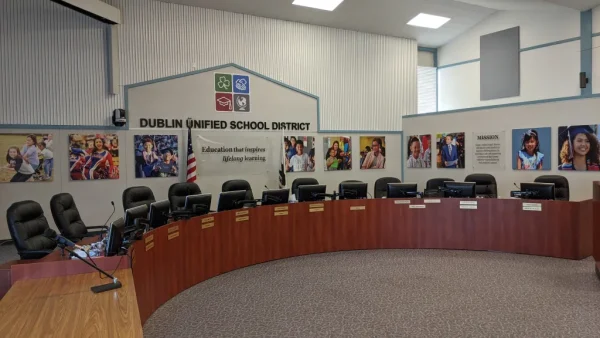Are DHS Students Politically Aware? Do They Want to Be?
In March 2017, the Dublin Shield staff interviewed students and staff on campus to gauge how politically aware and active students were. In the three intervening years, the political chaos that had just begun with the 2016 election has continued to grow unabated. With the next presidential election coming up in just a few months and the primary process well underway, has the student body changed? Do they feel that politics are talked about too much on campus, or do they feel that these current events should be discussed more?
Some students openly acknowledged that they neither know much about politics nor care: Aidan Garcia, a DHS junior, stated that he didn’t care about politics because “none of it has ever affected me in any way, shape, or form. Most people just know the parties, see the propaganda, and write it off because it’s not important to them.”
Senior Ginghei Mao offered other reasons for why people tend not to care about politics. He said that since most students aren’t eighteen and therefore can’t vote, they are less inclined to pay attention to the news. He also suggested that since Dublin students tend to come from relatively affluent families, they don’t have as much of a stake in political decisions that are being made. Kevin Li, another senior, also suggested that students are too preoccupied with academic achievement and competition and feel that paying attention to politics and current events is less important than combatting their daily academic workload. He disagreed with this mentality; being more politically engaged and informed, he felt, would encourage them to be more well-rounded citizens and therefore naturally make them better students.
While politics are often passionately discussed by a very vocal minority, students wish that there was a more structured political discourse in their classes. Dublin High junior Diya Suresh noted the potential issues that could arise with this, saying that “I know that there are rules against teachers disclosing their own political leanings, but that shouldn’t prevent us from having relevant political discourse in the classroom. Even outside the classroom and on campus, I feel that student-run debates such as those held by the Dublin High Democrats and Republicans deserve more attention for the perspectives they share with students.” Junior Ashley Berschens agreed, saying that “I think we should discuss politics in class and have actual discussions to learn more about our country and actually be involved when it’s time to vote. Most voters in America vote because of what other people say or because it’s a ‘trend.’ It’d be nice for more people to vote because they actually know what’s going on and have their own opinions.” Students like these two agreed that while they understand and agree that teachers shouldn’t force their political opinions onto their students, the school system’s efforts to avoid this have led to a complete absence of political discourse in the classroom. Ashley noted that “my parents aren’t political and so I know nothing,” expressing that the only place for her to learn about politics and current events is at school. This lack of knowledge has led to a community where many students are exposed to the news only through memes or social media trends and aren’t able to develop their own nuanced and informed opinions.
Lauryn Holmes, a DHS senior, also expressed that this has led to a culture without a diversity of perspectives and thoughts—she said that “I don’t typically see a lot of discussion about politics, and I think a lot of that is due to the fact that we kind of assume that everyone either has the same stance as us or just general disinterest.” The lack of political discourse in classrooms and the abundance of people posting about politics on their social media as a trend has led to an environment where students aren’t exposed to enough credible information.
Teachers are not, however, ignorant of this issue. Mr. Meyers, a teacher at Dublin High who also served as the advisor of the DHS Democrats, said that while “the topic of political discussion on campus is always a sticky situation, I think we should be talking more about these things. While a lot more people have become more engaged and try to follow things more than they did a couple of years ago, there’s still not a lot of discussion on how people can be more active and take action on their thoughts regarding the current administration. The fastest-growing voter bloc in the nation is the 18-24 age demographic, so it would be great if more students were engaged in the discussion and the activism that makes change happen.”
There are, indeed, some students who hope to combat this lack of political discourse. Ananya Varshneya, who founded the DHS Republicans club on campus this year, said that “I created the club so that there would be a diversity of thought on campus,” noting the existence of a DHS Democrats club but a lack of an equivalent for Republicans. She said that “regardless of my personal views, I wanted there to be a place for conservative, libertarian, independent, and even left-leaning students to have a constructive political discussion with varying viewpoints.” She found that “Dublin High students are truly under-invested in politics and government,” pointing to Dublin High’s heavy STEM focus as a possible reason. She noted that “DHS has some of the smartest students in the country, and if even just one of them became more politically inclined and involved, we can shape the future.” Part of her plan for this is her Reverse Debates project, which she discussed further: “I wanted to focus on addressing political apathy on campus with a different, more conversational look at a debate format. I wanted to change the mindset that we only tune in when people who agree with us are talking, which is something I find prevalent not only in the liberal Bay Area but across the country and across ideologies. If we stop playing politics like a team sport and start listening to our classmates, neighbors, and even adversaries, our generation can be the one to save America’s political system.”
It’s clear that while there are some students on our campus who openly admit to their disinterest in politics and current events, there is also a significant number who are taking action to stir interest among their peers and who want to bring more respectful yet in-depth political discourse into our classrooms. Every day, there are Dublin High students who are studying to change the world—but first, they must be allowed to hear others’ perspectives and engage in relevant conversations so that they can truly learn about that world before they attempt to change it.
Your donation will support the student journalists of Dublin High School. Your contribution will allow us to purchase equipment and cover our annual website hosting costs.
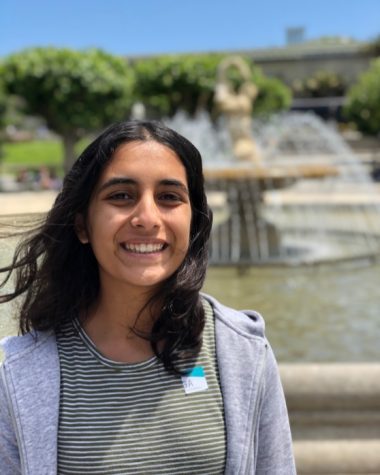
Riya Chopra is a senior at Dublin High and one of this year's Editors-in-Chief. She enjoys writing about everything from school board meetings to the opinions...

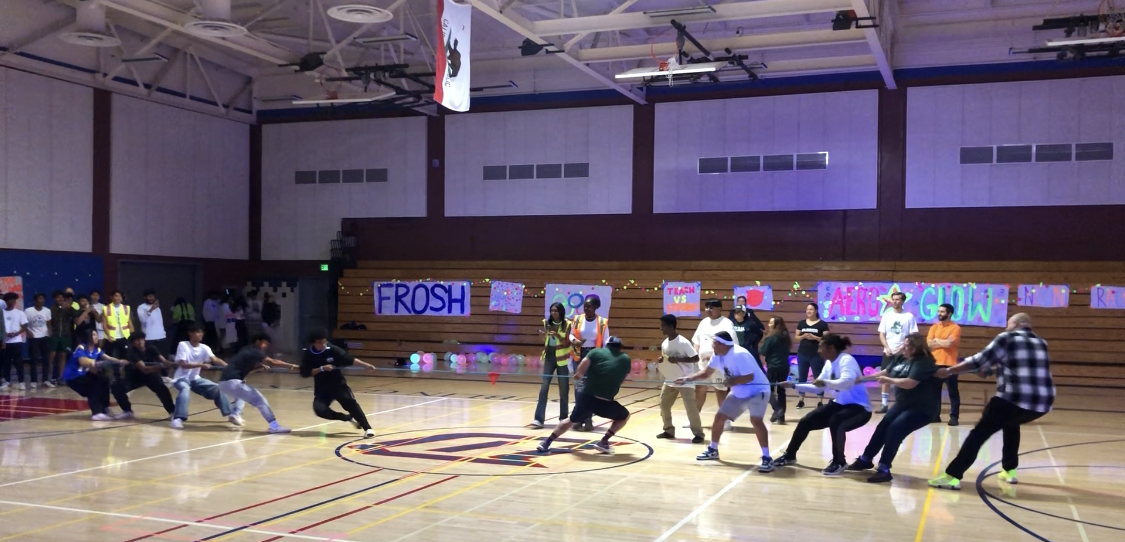
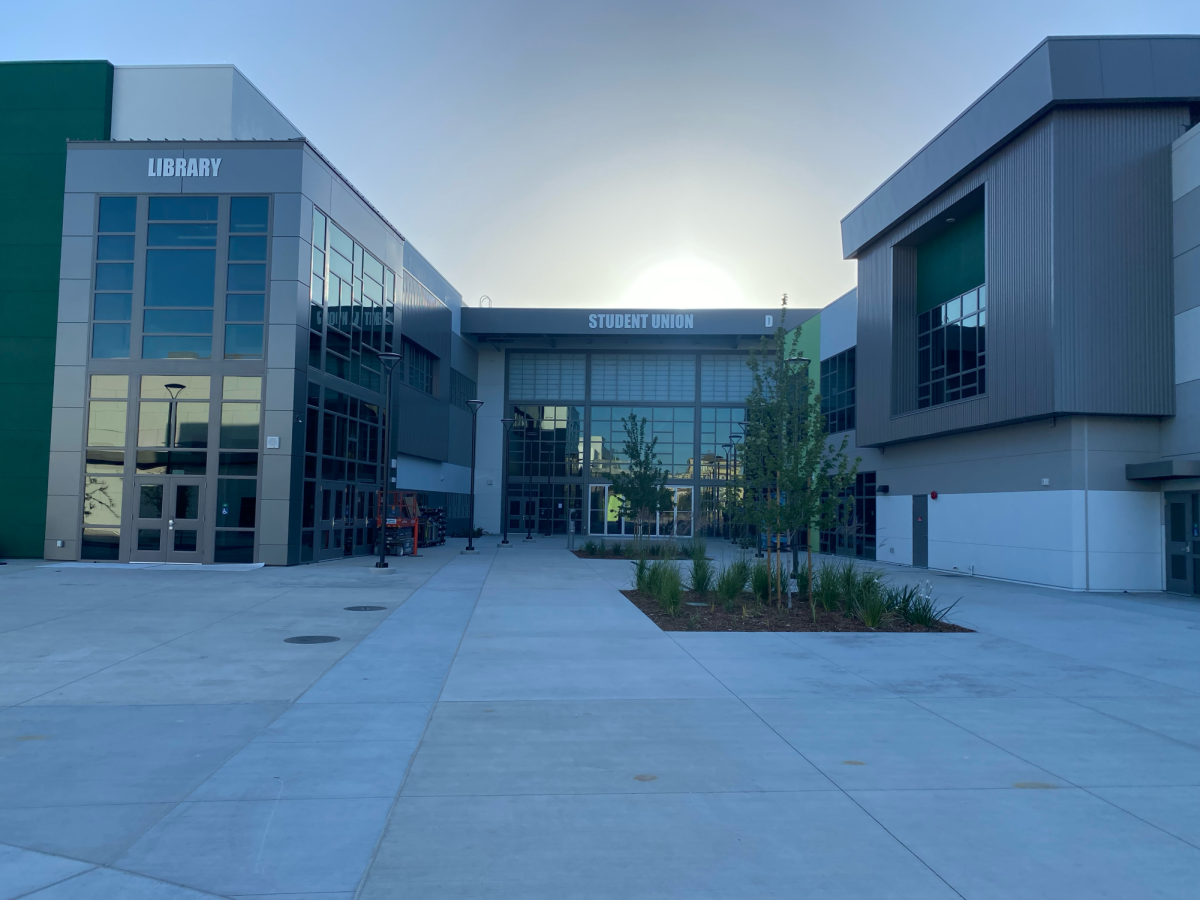
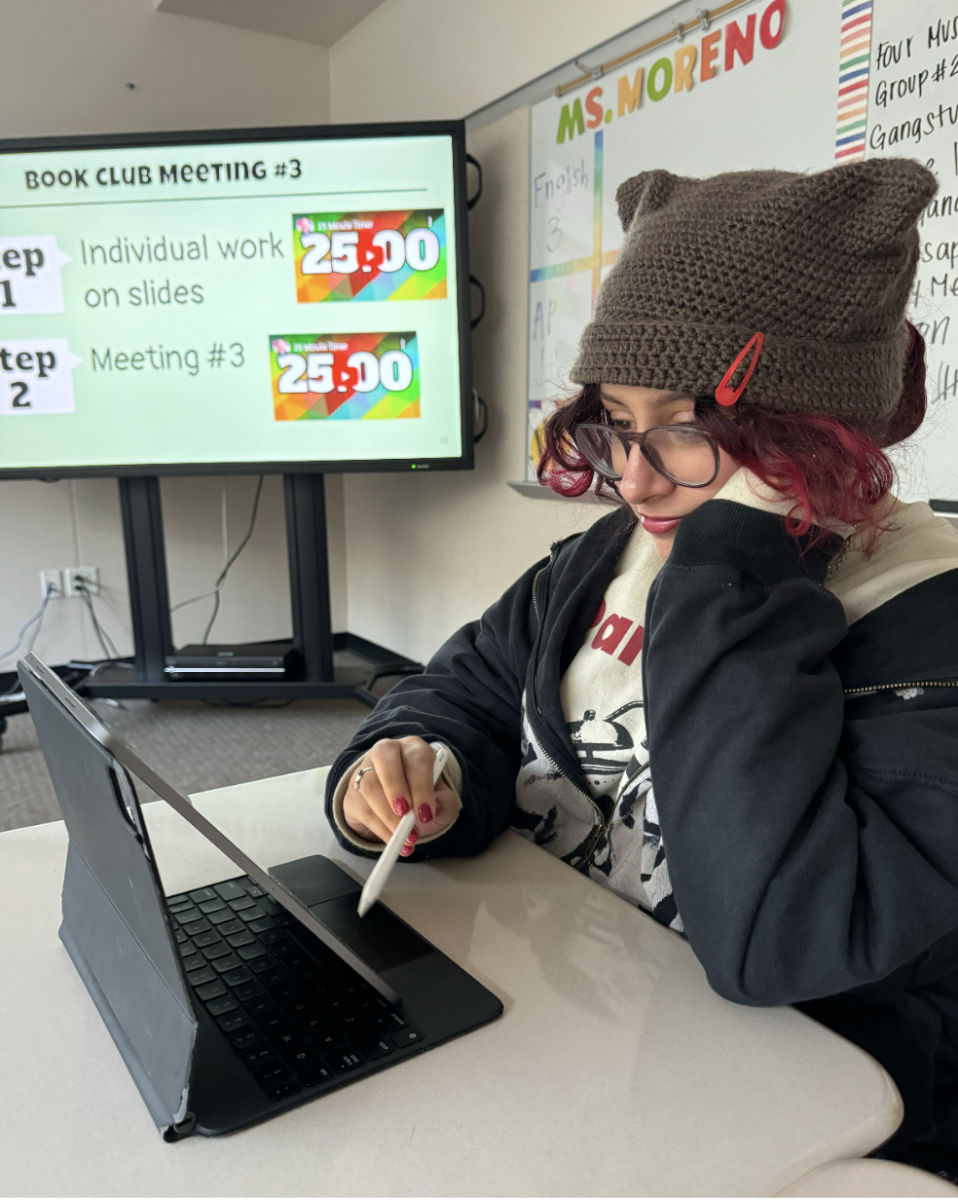
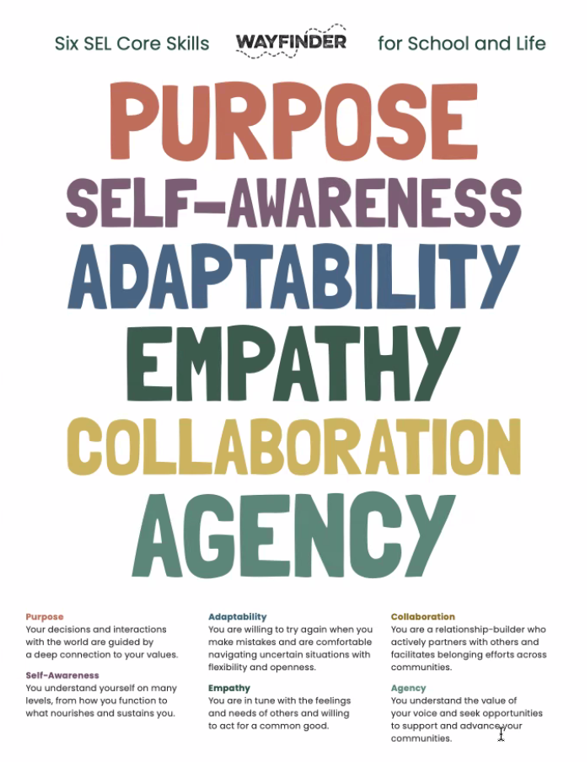
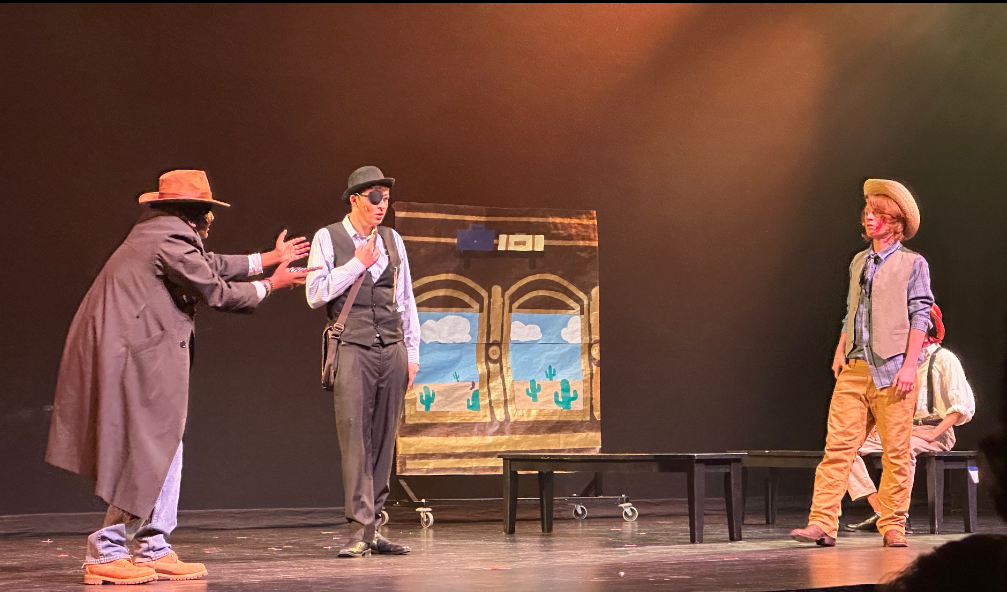


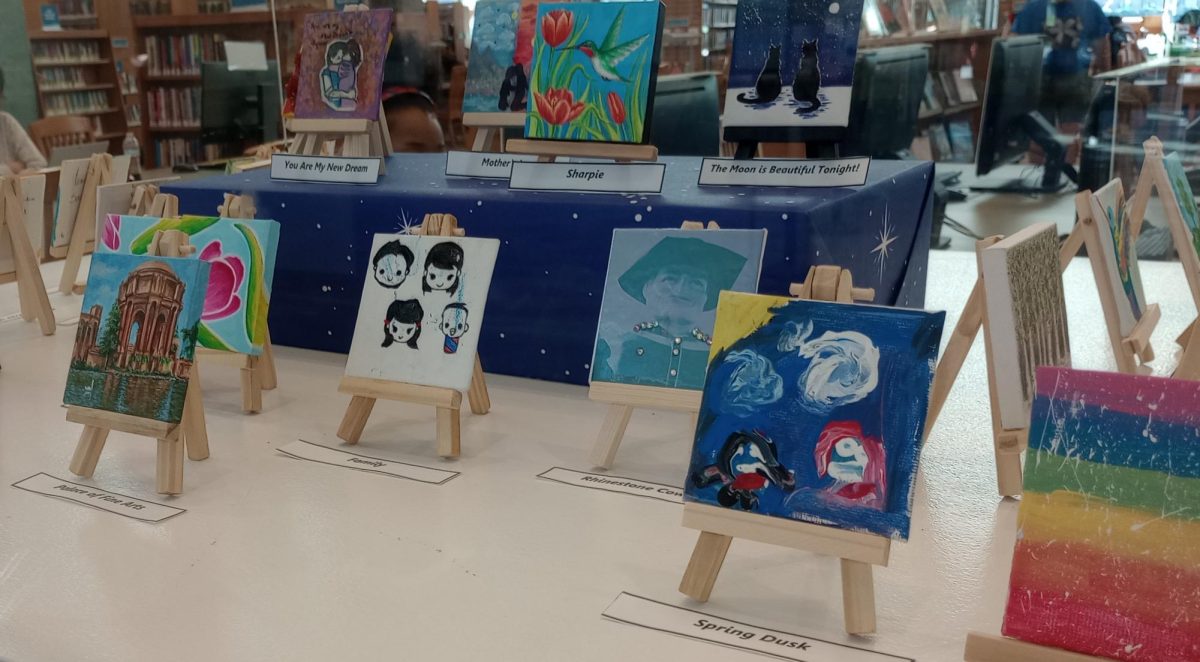
![[Book Review] Weapons of Math Destruction: The insidious danger of Big Data](https://thedublinshield.com/wp-content/uploads/2024/06/wmdsarticle-727x1200.jpg)
